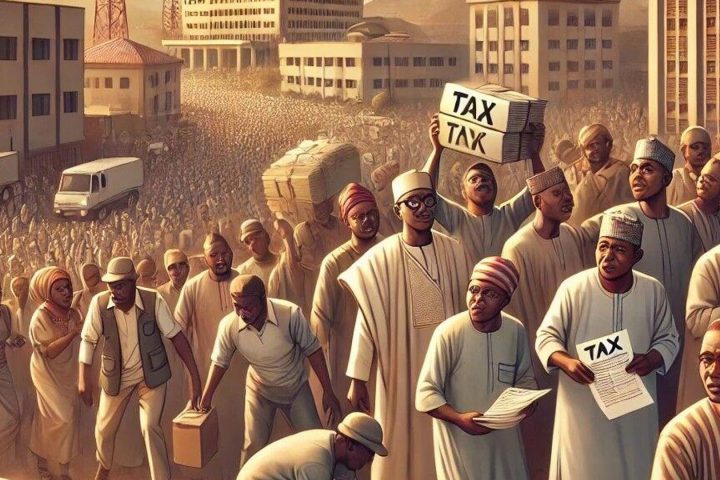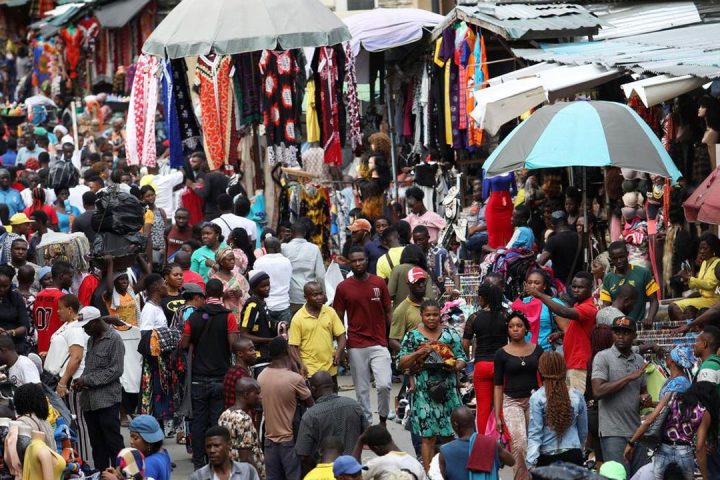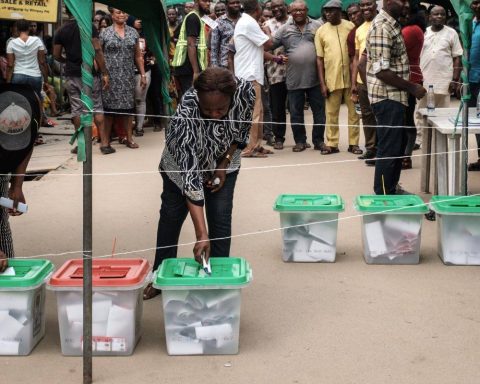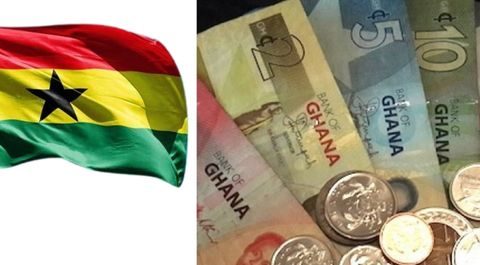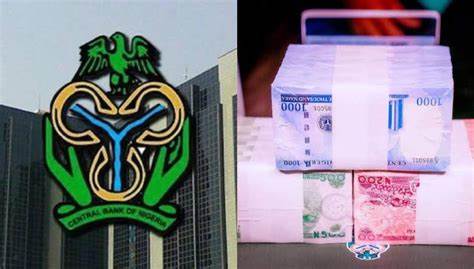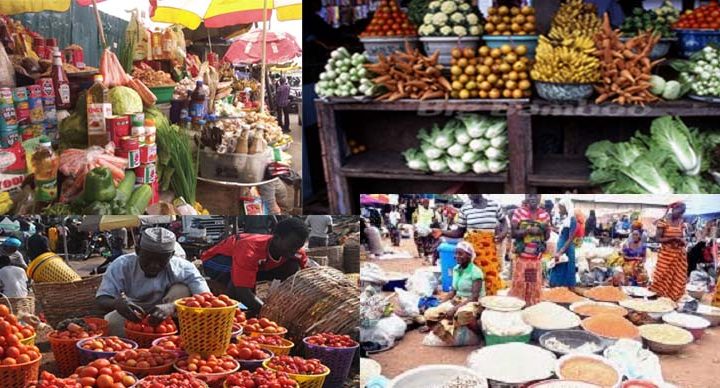As Nigeria marks its 64th Independence Day, there is little celebration nationwide. Instead, there’s growing frustration as many citizens express their concerns about the country’s state, particularly under the economic reforms introduced by President Bola Tinubu.
Since assuming office, Tinubu’s policies have sparked a wave of economic challenges, leaving many Nigerians struggling to make ends meet.
Join our WhatsApp ChannelNigeria’s Independence at 64: Celebrations Overshadowed by Hardship
For decades, Nigerians have been known for their resilience and ability to adapt to adversity. However, the 64th Independence anniversary comes at a time when that resilience is being pushed to its limits. Rising costs, unprecedented inflation, and a deteriorating currency have left many citizens questioning the direction in which the country is heading.
Wale Balogun, a technician in Lagos, shared his daily struggle: “I spent most of my earnings on food. This September, when school resumed, I had to buy food on credit because of school fees.” His story reflects the hardship that many Nigerians face in the current economic climate.
Food prices have soared, with some items costing four times more than they did just a year ago. A notable example is fuel, which has seen an astronomical rise of over 500 percent since the removal of the petrol subsidy, a cornerstone of Tinubu’s economic reforms. The ripple effect of this reform is felt in almost every household, with citizens finding it increasingly difficult to meet their daily needs.
Citizens Voice Concerns Over Tinubu’s Economic Reforms
Across the country, citizens have been vocal about their dissatisfaction with the administration’s reforms. Tayo Ogunwale, a retired teacher, lamented how the situation has worsened: “In my 62 years on earth, things have never been this hard in Nigeria. If it was like this before, I wouldn’t have been able to send my children to school.”
Ogunwale’s frustration echoes the sentiments of millions of Nigerians. “Even beans and garri that we didn’t eat before are up. If you can buy food, even cooking it is a challenge because gas prices have gone up more than 100 percent. Tinubu’s reforms are killing us,” he added, his tone a reflection of the general mood.
The removal of the petrol subsidy, which the government claims was necessary to stop draining the nation’s finances, has been one of the most controversial reforms. Citizens argue that the subsidy’s removal has led to unbearable increases in the cost of living. The price of fuel is now out of reach for many, making transportation and basic goods more expensive.
READ ALSO: #Nigeria@64: Your Timely Guide to Nigerian Independence Day Celebration in the Diaspora
A Devalued Naira and the Impact on Citizens
Another major reform introduced by the Tinubu administration was the unification of the foreign exchange market. The goal was to allow the naira to trade more freely, but the policy has instead led to a sharp devaluation of the currency. Today, the naira is one of the worst-performing currencies globally, and its decline has contributed significantly to the economic crisis facing Nigerians.
Tolani Oke, an economist, believes that the government’s economic policies were poorly planned. “The indices show it all. I just think everything was so soon and unplanned. Some of the policies, like the floating of the naira, are turning out to be a failed policy,” Oke said.
He added, “You can imagine unprecedented hardship now. I think the President and his team are even confused.”
Protests Loom as Nigerians Demand Reversal of Reforms
The economic hardship is fuelling a new wave of protests across the country. Activists, who led demonstrations in August, are planning another round of protests to coincide with Independence Day. They demand a reversal of Tinubu’s reforms, including the return of the petrol subsidy, as a way to ease the suffering of the people.
During a press briefing in Lagos, Hassan Soweto, the National Coordinator of the Education Rights Campaign (ERC), highlighted the key demands of protesters. “We are calling for a peaceful protest on October 1st. Nigerians need to rise against this economic hardship. We demand immediate action from the government to alleviate the suffering of the masses,” Soweto stated.
He warned that if the government fails to meet their demands, the protests would not stop with Independence Day. “This is a warning protest. If our demands are not met, we will continue to take to the streets,” Soweto emphasized.
Government’s Response and New Tax Plans
Despite the growing discontent, the government appears committed to its reforms. Tinubu and his team have repeatedly stated that the policies are necessary for the long-term stability of the Nigerian economy. However, recent decisions, such as the approval of the Economic Stabilization Bills, have further alarmed citizens. The bill includes plans to increase taxes on Nigerians and businesses, which many argue will only add to their burden.
Taiwo Oyedele, Chairman of the Presidential Committee on Fiscal Policy Tax Reforms, defended the plan. “The Tax Identification Consolidation and Collaboration (TICC) will help increase Nigeria’s tax base and widen revenue. This is part of our strategy for inclusive growth,” Oyedele explained in a recent statement.
However, with the cost of essential commodities at an all-time high and widespread unemployment, many Nigerians are skeptical about the benefits of these reforms.
A Nation at the Crossroads
As Nigeria marks its 64th year of independence, the country stands at a crossroads. While the government pushes forward with its reforms, promising long-term benefits, the immediate impact on citizens has been devastating. Inflation is at 32.15 percent, food inflation has crossed 50 percent, and the devaluation of the naira continues to erode purchasing power.
“Nigerians are known to be resilient, but this is unprecedented,” Balogun remarked, summing up the mood of many.
The road ahead remains uncertain, but one thing is clear: Nigerians are demanding change. Whether through protests or other means, the people’s voices are growing louder as they call for a government that prioritises their well-being in the face of mounting economic challenges.
As the nation celebrates its independence, the question remains: Will the government listen?
Emmanuel Ochayi is a journalist. He is a graduate of the University of Lagos, School of first choice and the nations pride. Emmanuel is keen on exploring writing angles in different areas, including Business, climate change, politics, Education, and others.





